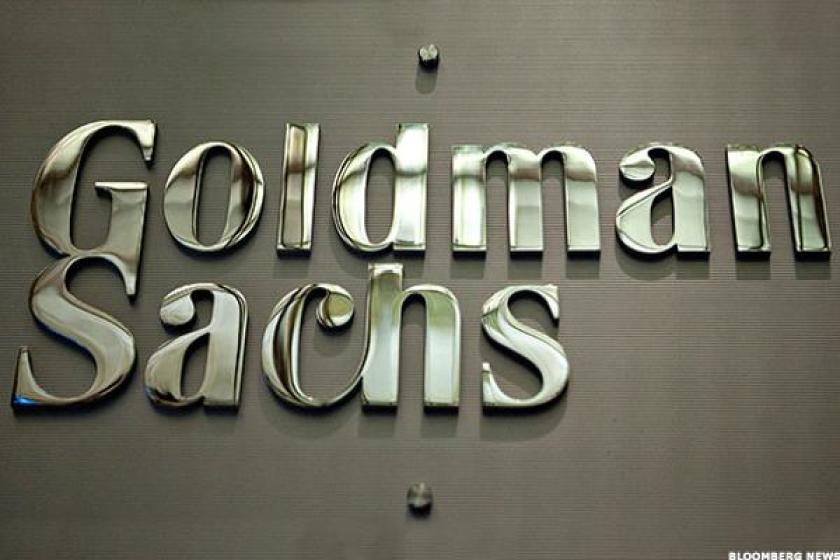
After almost a year on the deal hunt, GS Acquisition Holdings Corp. II (GSAH) is set on a $2.6 billion business combination with Mirion Technologies Inc.
The June 17 transaction had been the subject of rumors over that previous two weeks as news of the potential deal began making the rounds.
Mirion is a provider of radiation detection, measurement, analysis and monitoring products and services to the nuclear power, medical, military and homeland security markets.
The business combination is well capitalized, with Mirion receiving $750 million from the SPAC’s trust and an additional $900 million from a private-investment-in-public-equity issuance by GS Acquisition at $10 a share.
The PIPE investors include mutual fund managers Fidelity Management & Research Co. and Janus Henderson Investors as well as BlackRock Inc. (BLK), Neuberger Berman LLC and Goldman, Sachs & Co.
The $900 million PIPE dwarfs the $750 million IPO the Goldman Sachs SPAC raised a year ago. The IPO wasn’t oversubscribed, which is unusual for a vehicle backed by Goldman Sachs. The investment bank’s first SPAC raised $690 million in its IPO in June 2018, with $90 million in oversubscriptions.
Goldman has $200 million of its own cash in the PIPE and has pledged an additional $125 million as an equity commitment to backstop share redemptions and to assure Mirion that the minimum cash balance in the trust account is maintained.
While the backstop is essentially insurance for Mirion, it’s indicative of concern by either Mirion or Goldman Sachs that the deal may not be fully embraced by investors and some may seek cash rather than stay on board.
Nobody can accuse Goldman of not being full invested in getting the deal done, given its pledge of as much as $325 million in the PIPE and backstop cash. On the other hand, the investment bank is collecting fees as lead placement agent and financial adviser for its own SPAC as well as receiving proceeds from the deal as Mirion repays loans owed to Goldman.
The large PIPE leads to an unusual ownership structure for the soon-to-be public company, as the PIPE investors will hold a 44% stake in Mirion. SPAC investors will hold 37%, and Mirion investors will control just 19% of the shares. Because Goldman Sachs has elected to defer its promote, the sponsor will have no ownership of Mirion at the close. But one-third of the promote shares will vest when Mirion shares reach $12, another third at $14 and the balance of the shares at $16. The promote shares are subject to a one-year equity lock, according to the deal’s terms.
Mirion management has agreed to roll $90 million in equity into the deal, while other Mirion investors will push $300 million in equity into the business combination.
A total of $1.3 billion of the deal proceeds will go to Mirion owner Charterhouse Capital Partners LLP, which purchased the company in 2015 from American Capital Ltd. for $750 million.
A unit of Goldman Sachs is a lender to Mirion, and some proceeds from the business combination will repay that debt, according to security filings. Mirion intends to secure $830 million in debt financing, according to an investor presentation.
The merger with the Goldman Sachs SPAC will put Mirion on the New York Stock Exchange under the ticker MIR. Mirion expected the deal would close by the end of 2021.
CEO and founder Thomas Logan will continue to lead Mirion along with CFO Brian Schopfer.
Editor’s note: The original version of this article was published earlier on The Deal’s premium subscription website. For access, log in to TheDeal.com or use the form below to request a free trial.



